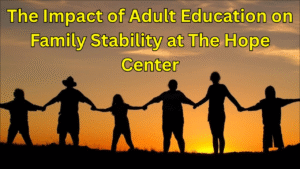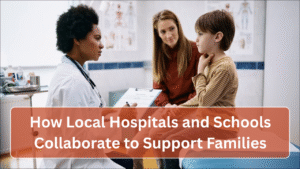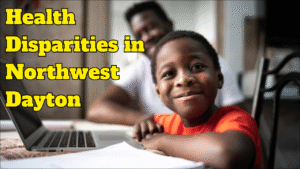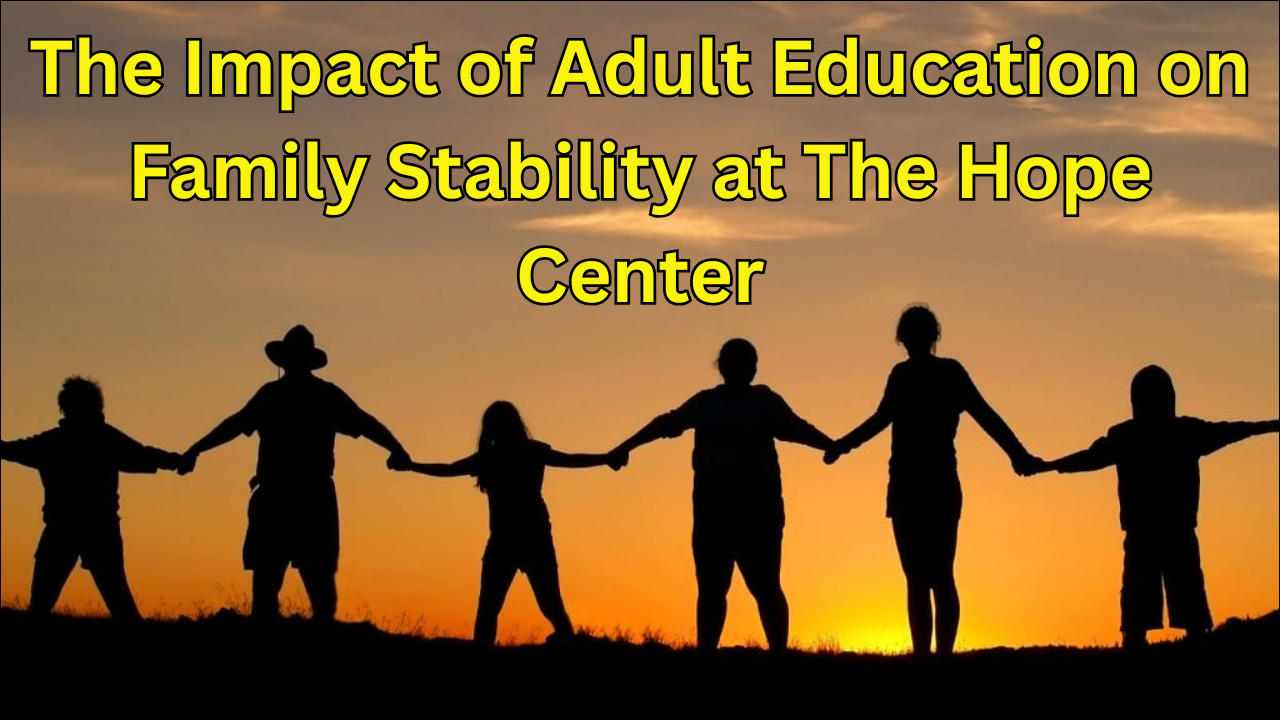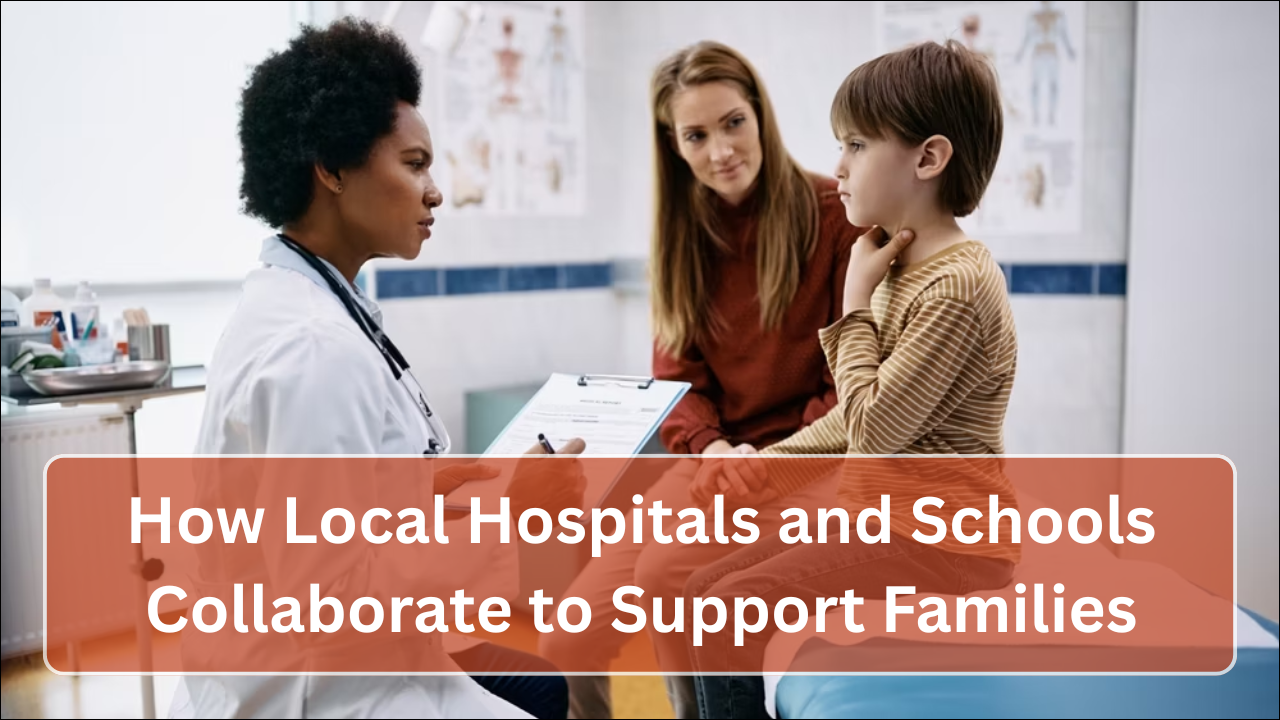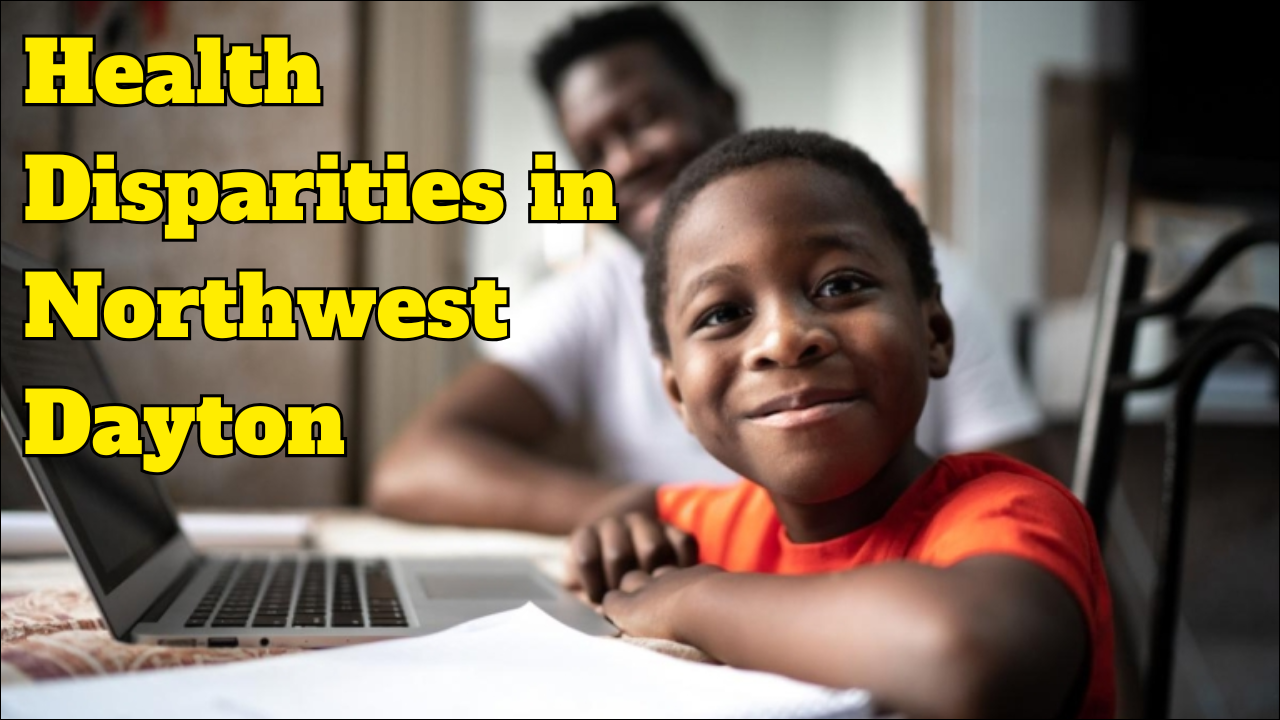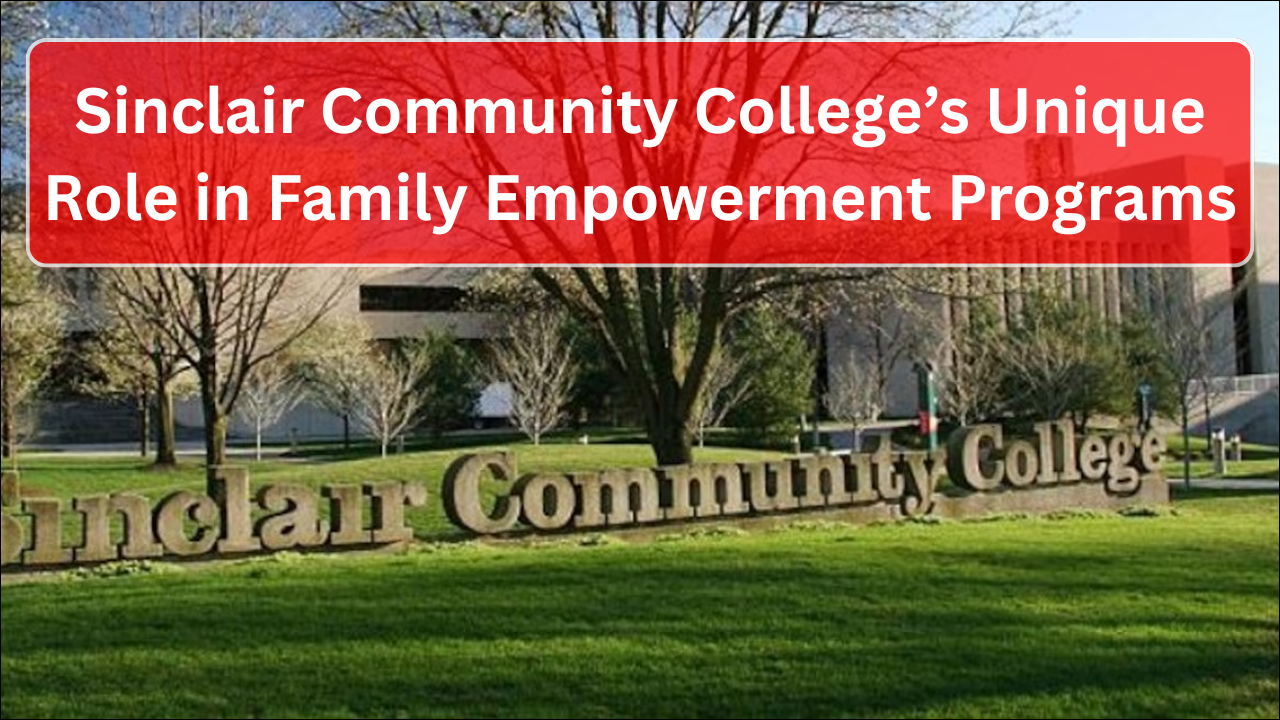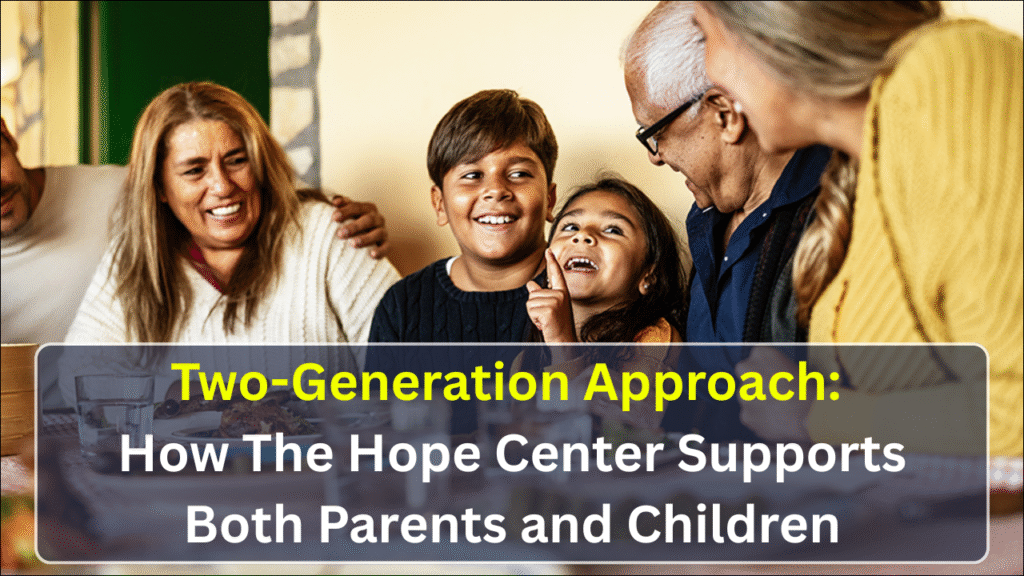
Family transformation begins when both parents and children receive equal opportunities to learn, grow, and thrive. The Hope Center for Families in Northwest Dayton applies a two-generation approach that addresses the educational, emotional, and financial needs of entire families—rather than focusing on individuals in isolation. This method recognizes that the success of children is deeply tied to the stability and growth of their parents. By integrating early childhood programs, adult education, job training, and family wellness services under one roof, The Hope Center creates a strong, interconnected foundation for long-term family empowerment.
Table of Contents
1. Understanding the Two-Generation Approach
The two-generation approach connects the development of parents and children, ensuring that progress for one directly benefits the other. This integrated model transforms family outcomes through shared educational and support services.
- The approach emphasizes family-centered solutions over isolated programs.
- Parents and children engage in learning activities simultaneously.
- Mutual growth fosters emotional bonding and shared achievement.
- Holistic focus addresses both immediate and long-term family needs.
2. Core Principles of The Hope Center’s Model
The Hope Center’s approach is built on inclusion, accessibility, and community collaboration. Its programs target multiple aspects of family well-being.
- Education, employment, and health are interconnected goals.
- Families are treated as active partners in their own progress.
- Services are tailored to the distinct needs of each household.
- Collaboration with local institutions ensures sustainable support systems.
3. Early Childhood Education as a Foundation
Children’s learning begins long before formal schooling. The Hope Center’s partnership with Mini University ensures that young children receive quality early education that shapes lifelong development.
- Early learning programs promote cognitive and social skills.
- Classrooms emphasize creativity, curiosity, and emotional intelligence.
- Teachers work closely with parents to align learning goals at home.
- Consistent early education improves long-term academic success.
4. Parental Education and Job Training
Parents at The Hope Center gain access to Sinclair Community College’s adult education and workforce development programs, which create economic stability and set positive examples for children.
- Adult learners receive support in earning degrees or certificates.
- Job readiness workshops teach professional and digital skills.
- Vocational training prepares parents for local job opportunities.
- Economic independence strengthens family stability and confidence.
5. Health and Wellness Services for Families
Healthy families create healthy communities. Through Dayton Children’s Hospital and other wellness partners, The Hope Center ensures that medical, nutritional, and mental health needs are met for both generations.
- Pediatric care provides accessible, quality healthcare for children.
- Preventive programs educate parents about nutrition and exercise.
- Counseling services address family stress, anxiety, and emotional needs.
- Wellness workshops teach long-term health maintenance strategies.
Key Family Support Components of the Two-Generation Approach
| Focus Area | Programs and Initiatives | Impact on Families |
|---|---|---|
| Early Education | Mini University early learning programs | School readiness and strong early literacy skills |
| Adult Learning | Sinclair Community College degree and skill programs | Increased job opportunities and income stability |
| Health & Wellness | Pediatric care, family counseling, nutrition classes | Improved family health and reduced stress |
| Parent Engagement | Family workshops, shared learning activities | Stronger parent-child relationships |
| Economic Empowerment | Job readiness, financial literacy, and employment support | Long-term family self-sufficiency |
6. Shared Learning Experiences
The Hope Center encourages families to learn together, strengthening emotional bonds and building mutual respect. Education becomes a shared experience rather than an individual pursuit.
- Parents and children participate in joint reading sessions and learning projects.
- Family literacy programs enhance communication and support at home.
- Shared educational goals create motivation and accountability.
- Learning together fosters unity and intergenerational understanding.
7. Breaking the Cycle of Poverty
The two-generation model directly targets the intergenerational cycle of poverty by empowering both parents and children to achieve upward mobility simultaneously.
- Parents gain employable skills and steady income sources.
- Children receive consistent care and early academic support.
- Combined progress leads to improved financial and emotional stability.
- Families transition from dependency to self-reliance.
8. Emotional and Social Development
Emotional health plays a crucial role in family stability. The Hope Center provides safe spaces for families to connect, heal, and grow together.
- Parenting workshops build communication and emotional awareness.
- Family therapy services strengthen resilience during challenges.
- Peer support groups reduce isolation and foster belonging.
- Community activities promote cooperation and empathy across generations.
9. Family Empowerment through Community Partnerships
Collaboration among community partners ensures that every aspect of family life—education, health, and employment—is supported.
- Sinclair Community College offers academic and job advancement programs.
- Mini University ensures early development and school readiness.
- Dayton Children’s Hospital provides essential healthcare access.
- Local nonprofits and organizations add mentoring, financial, and housing support.
Collaborative Partners in The Hope Center’s Two-Generation Model
| Partner Organization | Primary Contribution | Benefit to Families |
|---|---|---|
| Mini University | Early childhood education | Builds strong learning foundations for children |
| Sinclair Community College | Adult and workforce education | Empowers parents through job training and higher education |
| Dayton Children’s Hospital | Pediatric and family healthcare | Ensures physical and emotional well-being |
| Community Nonprofits | Counseling, housing, and social services | Provides holistic family support and stability |
| Local Employers | Job placement and mentorship | Connects education to real economic opportunities |
10. Building Resilient Families and Communities
When both generations thrive, entire neighborhoods benefit. The Hope Center’s family-focused initiatives contribute to the overall stability and growth of Northwest Dayton.
- Stable families contribute to lower crime and higher civic engagement.
- Educated parents raise children who value education and community service.
- Healthier families reduce strain on community healthcare systems.
- Collective success builds a stronger local economy.
11. Measuring Success and Long-Term Impact
The Hope Center’s success is measured not just by numbers but by the long-term transformation of family lives. Continuous evaluation helps refine its two-generation programs.
- Data collection tracks educational achievements and employment rates.
- Surveys measure family satisfaction and community engagement.
- Success stories inspire others to participate and continue learning.
- Long-term monitoring ensures sustainable community improvement.
12. Future Expansion of the Two-Generation Model
The Hope Center plans to expand its two-generation approach to reach more families and increase accessibility to vital programs.
- Plans include additional family literacy and digital learning programs.
- Partnerships with more employers will create new job opportunities.
- Health outreach will expand into preventive wellness programs.
- New technology-based education tools will enhance learning flexibility.
Parting Insights
The Hope Center’s two-generation approach represents a transformative model for family empowerment. Simultaneously supporting parents and children, it creates cycles of progress that strengthen homes, schools, and neighborhoods. Parents gain education and economic independence, while children develop confidence and curiosity through quality learning. Together, these efforts lay the groundwork for lasting success—where hope is not just an ideal but a daily reality for families in Northwest Dayton. The Hope Center proves that when both generations are given the chance to grow, entire communities rise together.

